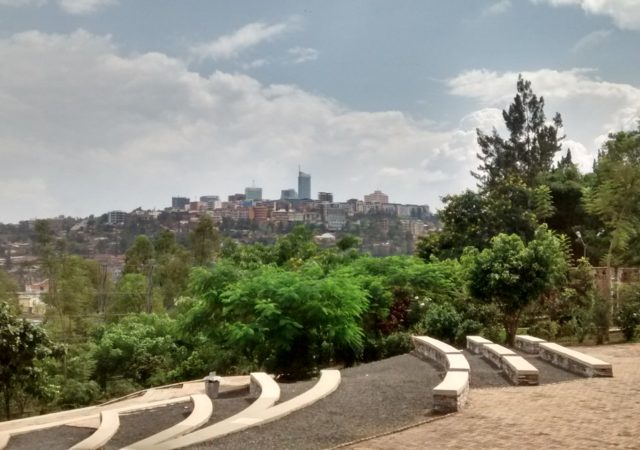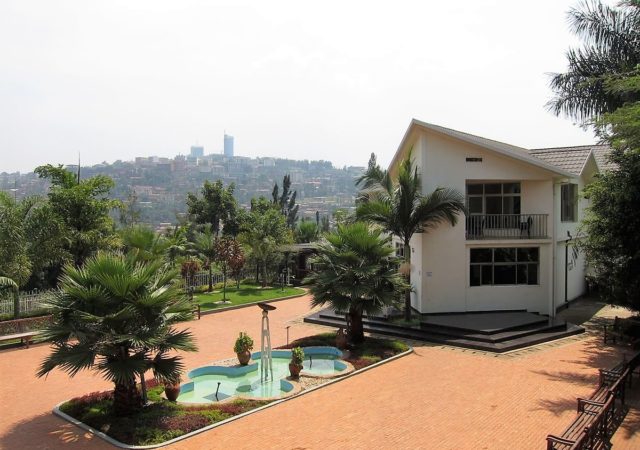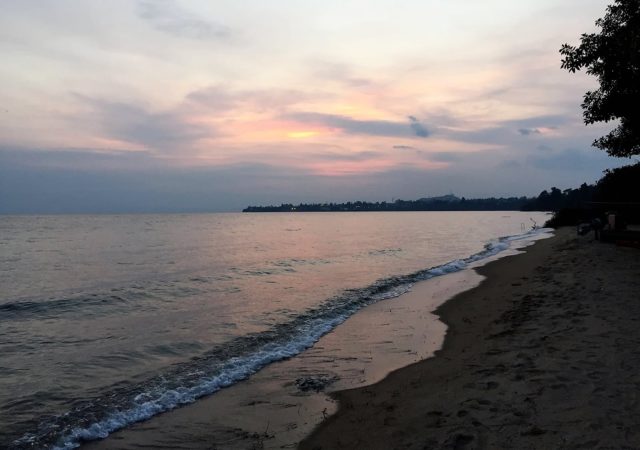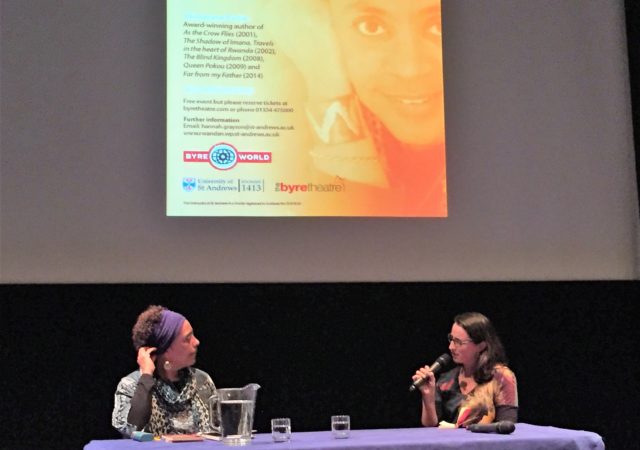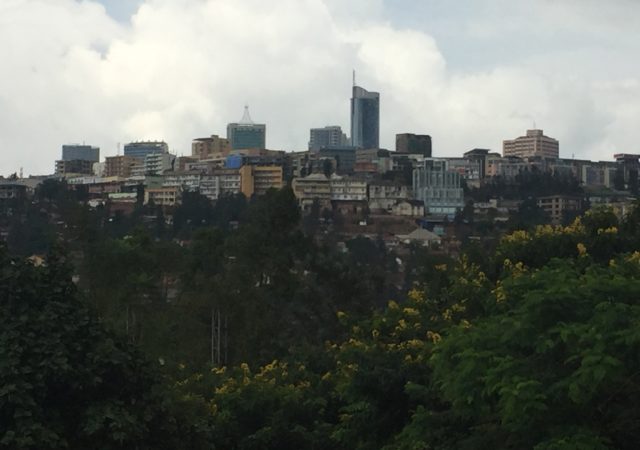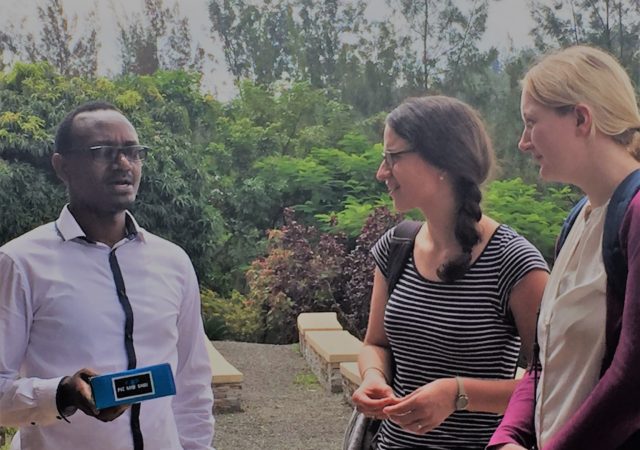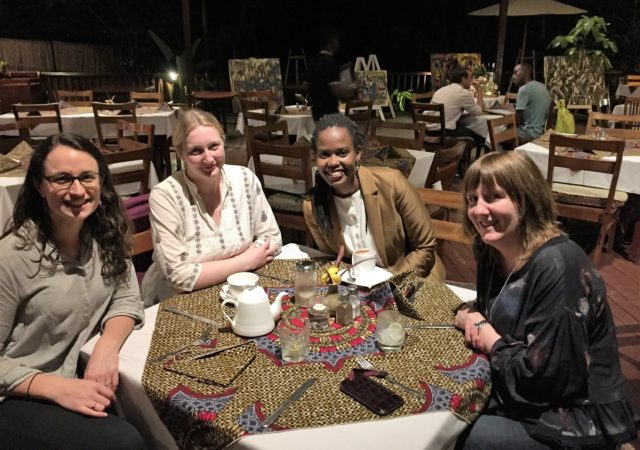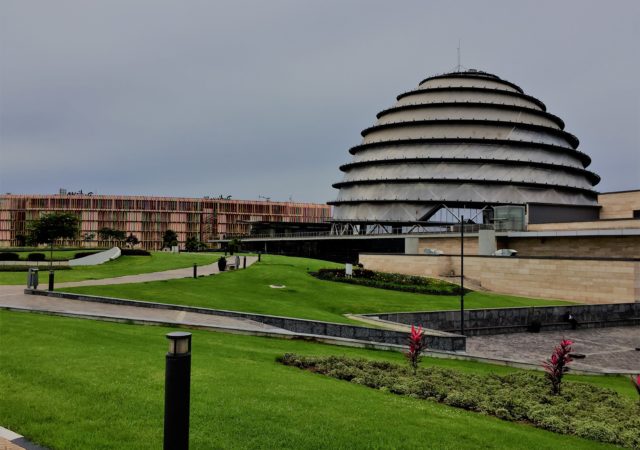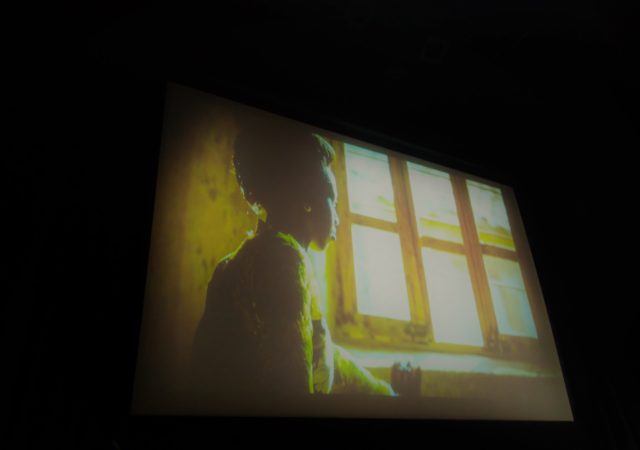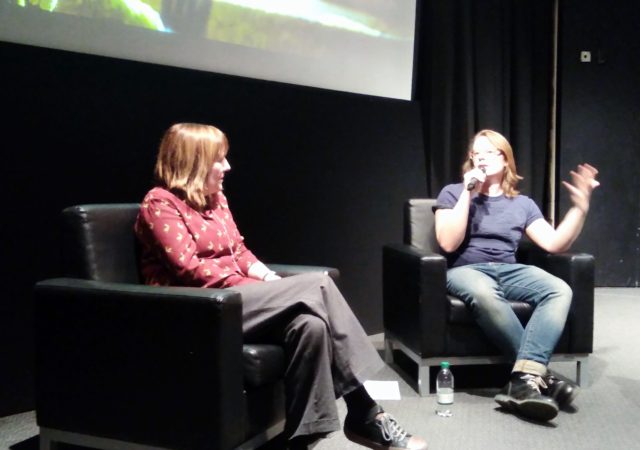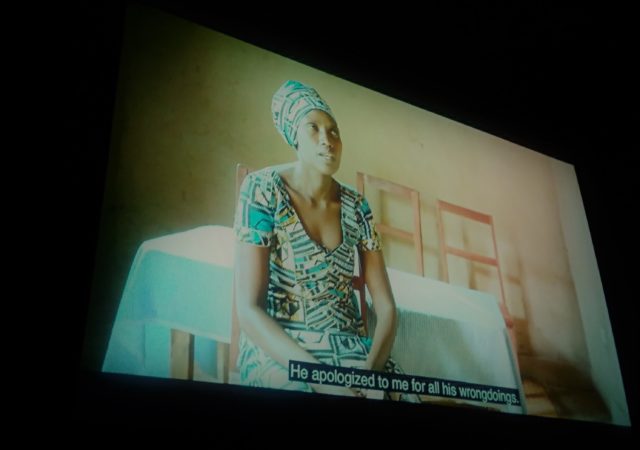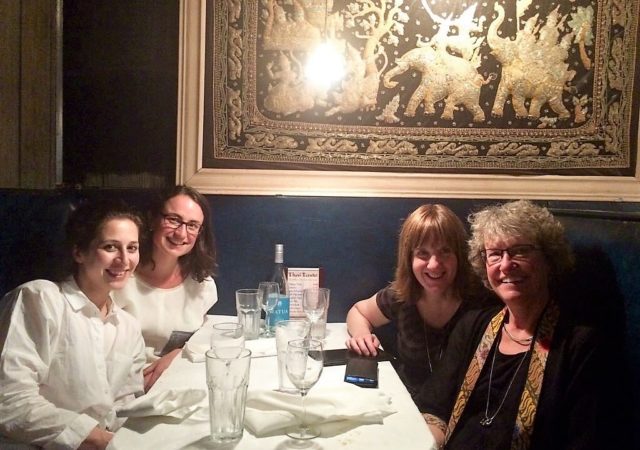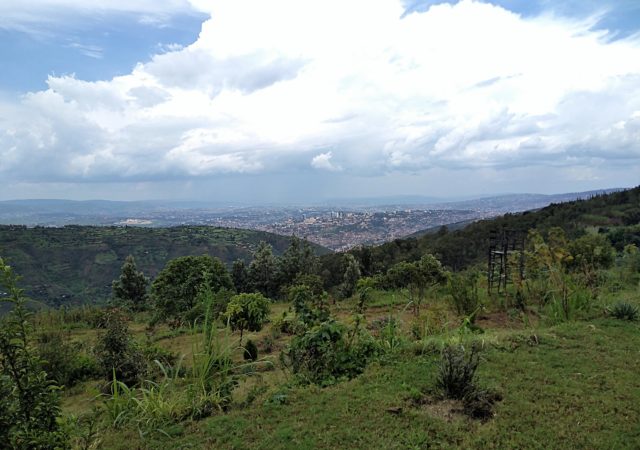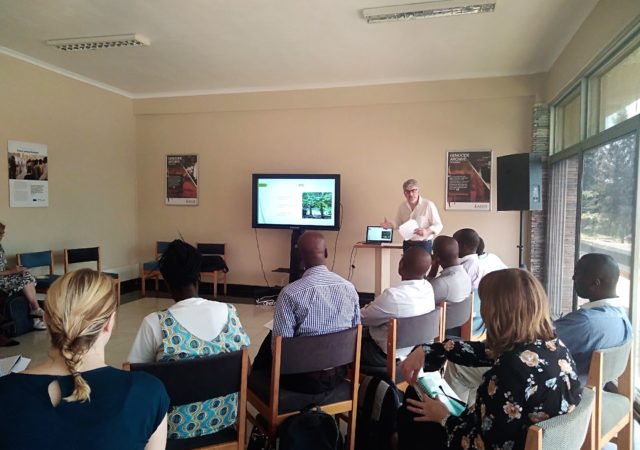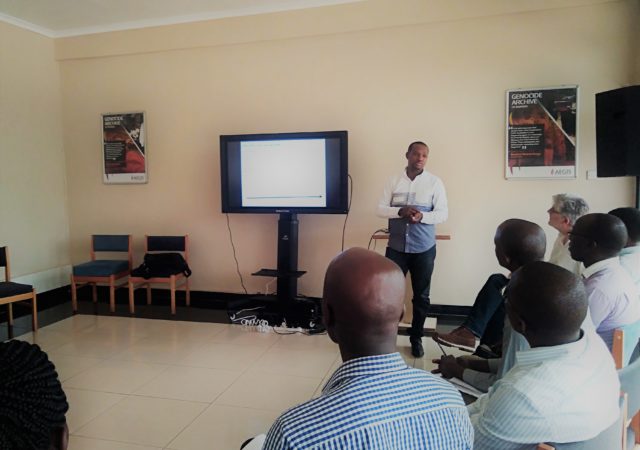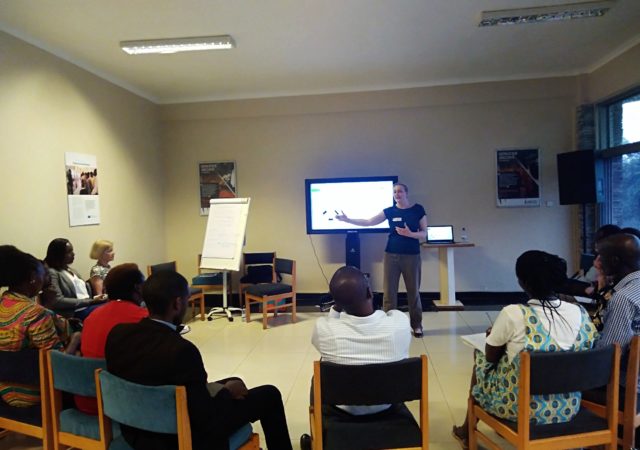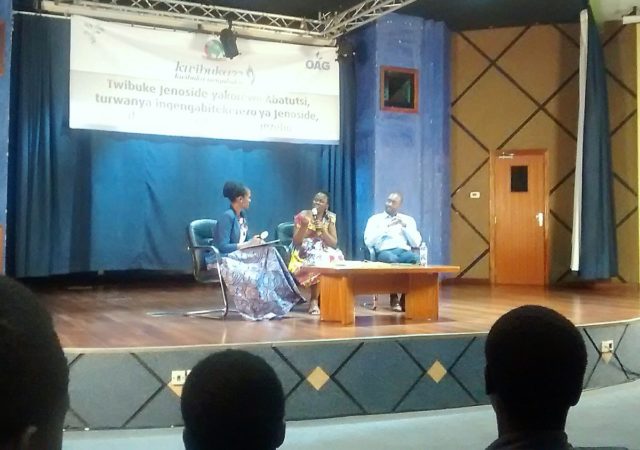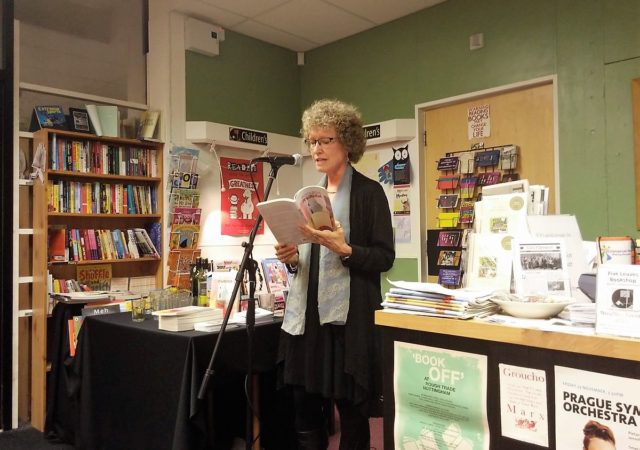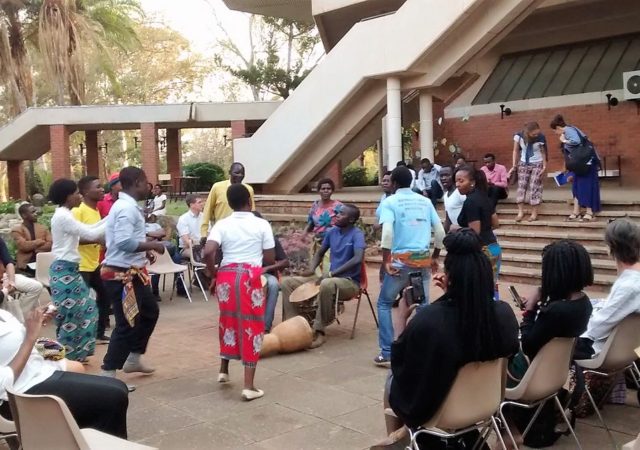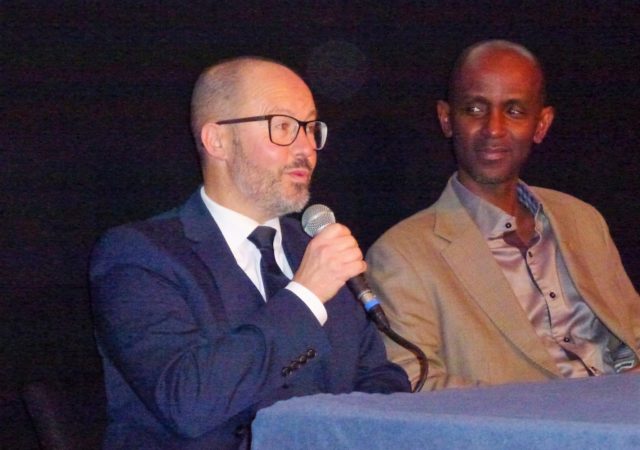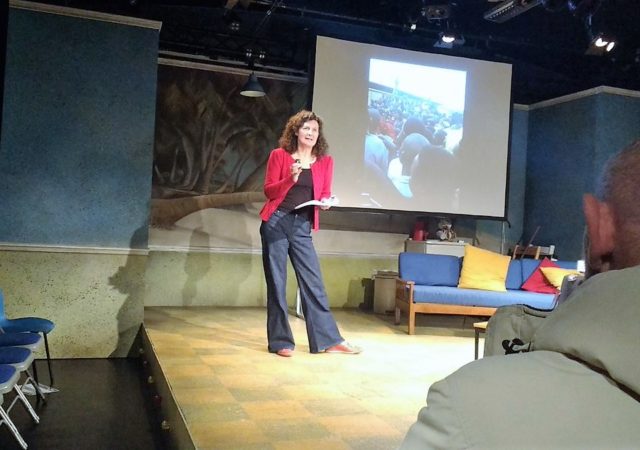Visit the Gallery page to see the full collection of photographs
Project Team
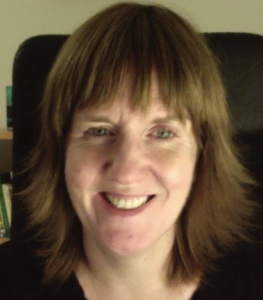
Nicki Hitchcott Principal Investigator

Stephen Joseph Co-Investigator

Hannah Grayson Research Fellow
Project Overview
In 1994, in a period of only 100 days, over one million Rwandans were brutally killed during the genocide. This project aims to investigate the ways in which individual Rwandan people have adjusted and reconstructed their identity in the years since the genocide. We aim to gain a comprehensive, qualitative understanding of the impact of the genocide with a particular focus on the expression of post-traumatic growth.
Traumatic and challenging life experiences may sometimes serve as a positive turning point in peoples’ lives. This is known as post-traumatic growth. It is important to stress however, that post-traumatic growth is not universal and the individuals who report it still also experience high levels of distress. The positive changes that individuals may experience are despite the pain, loss, and distress they have endured.
In collaboration with the Aegis Trust and the Genocide Archive of Rwanda, we analyse the testimonial narratives of survivors and perpetrators of the genocide looking for signs of post-traumatic growth. Our project therefore has three aims:
- To document and compare psychological and social adjustment in survivors and perpetrators.
- To give ordinary Rwandan individuals the opportunity to express their own story.
- To help contribute to post-conflict reconciliation and healing in Rwandan society.
Our project is generously supported and made possible through a research grant from the Arts & Humanities Research Council.

